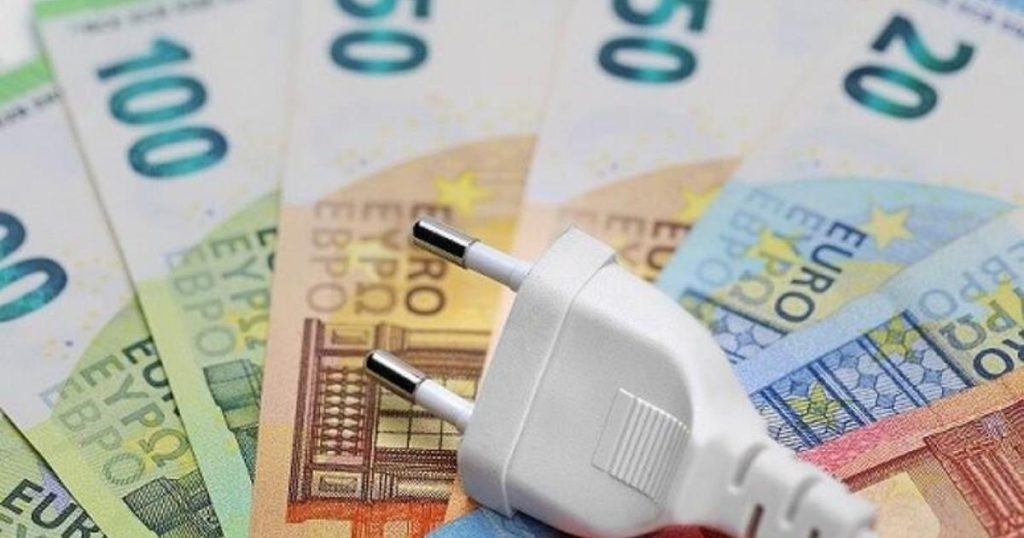Between 2019 and 2023, electricity bills increased by 108% and gas bills by 72.1%. Other tariff items such as water supplies, postal services, urban transportation, railway transportation, taxis, waste services, and toll fees also saw increases, although much lower than the overall cost of living increase of 16.3% over the same period. The Office of Studies of CGIA made these observations, highlighting the significant rise in the cost of electricity and gas bills in Italy. The overall spending on these services accounts for over 56% of the total expenditure for Italian families, with an average annual cost of just over 2,900 euros.
Following a period of price hikes between late 2021 and the spring of 2023 due to the post-COVID recovery and the impact of the Russia-Ukraine war, the situation is starting to stabilize. However, compared to the pre-pandemic period, the expenditure on electricity and gas bills has significantly increased. The CGIA notes that the monitored tariffs have a mean cost of just over 2,900 euros per year for Italian families, representing 12% of the total annual household expenditure. The study attributes over 56% of the total spending to electricity and gas bills. These increases have had a substantial financial impact on families and businesses, with significant extraprofits accumulating for major energy companies.
During the energy crisis between late 2021 and the first part of 2023, it is estimated that the rise in raw material prices allowed the largest energy companies in Italy to generate 70 billion euros in extraprofits. These profits were mainly derived from the pockets of families and businesses. The CGIA study underscores that the extraordinary levy imposed by the Draghi government on energy giants in 2022 generated revenues of 2.76 billion euros, followed by 82 million euros in 2023. While these measures brought in a total of 2.84 billion euros to the public coffers, it fell short of the anticipated 10.8 billion. The solidary contribution imposed on large energy companies by the Meloni government in 2023 resulted in revenue of 3.4 billion euros, nearly 1 billion more than initially projected.
The projected tax revenue from levies on extraprofits was 13.6 billion euros, but only 6.2 billion euros were collected, less than half the expected amount. While the measure implemented by the Meloni government exceeded its targets, the CGIA considers the action taken by the Draghi government to have been largely ineffective. Furthermore, following a legal challenge by some major energy companies, the Constitutional Court recently partially overturned the legislation, deeming the inclusion of excise duties in the tax base calculation as illegitimate. As a result, the state may be required to reimburse at least 150 million euros to the affected companies. These developments add further complexity to the ongoing debate surrounding energy prices and taxation in Italy.


